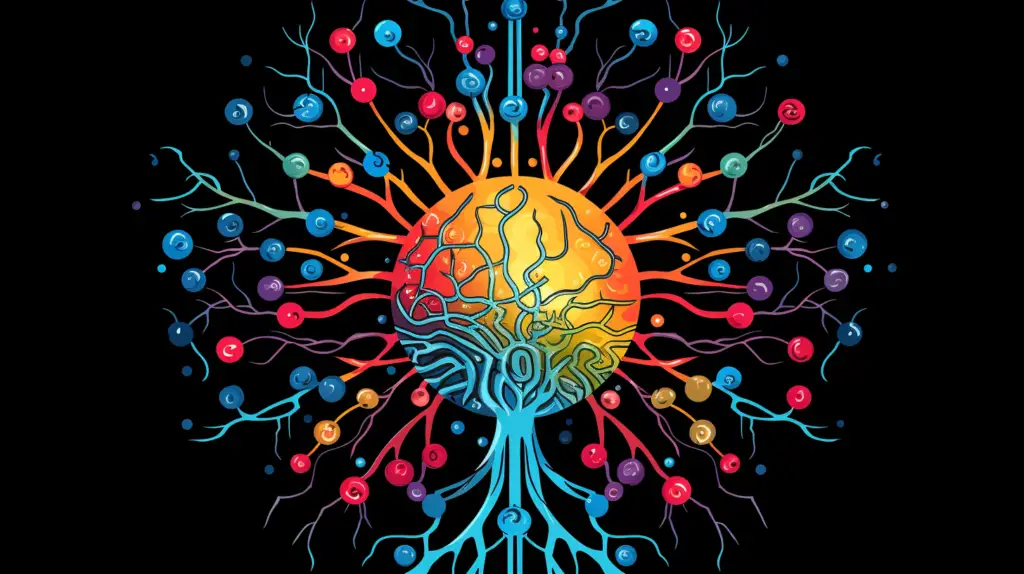Psychotherapy stands as a pivotal tool in the realm of mental health, offering a safe haven for introspection, healing, and personal growth. Through structured interactions with trained professionals, individuals are equipped to confront and navigate complex emotional challenges, unresolved traumas, and deeply ingrained behavioral patterns. Beyond symptom alleviation, psychotherapy fosters self-awareness, resilience, and improved interpersonal dynamics. In a world rife with stressors and rapid change, the therapeutic process becomes an essential beacon, guiding individuals towards a deeper understanding of themselves and enabling them to lead more fulfilling, balanced lives.
The field of psychotherapy is vast and has evolved significantly over the years. There are numerous methods and approaches, each developed to address different psychological challenges and conditions. It’s difficult to provide an exact number of psychotherapeutic methods, as there are many subtypes and variations of the major approaches.

However, here are some of the most recognized and widely practiced psychotherapeutic methods:
- Cognitive Behavioral Therapy (CBT): Focuses on identifying and challenging negative thought patterns and behaviors.
- Psychodynamic Therapy: Derived from psychoanalysis, it emphasizes unconscious processes and past experiences.
- Psychoanalysis: Focuses on exploring the unconscious and aims to bring repressed memories and conflicts to consciousness.
- Humanistic Therapy: Emphasizes individual potential and self-awareness. Common types include:
- Person-Centered (or Rogerian) Therapy: Non-directive approach emphasizing unconditional positive regard.
- Gestalt Therapy: Focuses on the present moment and self-awareness.
- Existential Therapy: Concerned with issues like freedom, responsibility, meaning, and death.
- Behavioral Therapy: Focuses on changing problematic behaviors using techniques such as conditioning.
- Integrative or Holistic Therapy: Combines elements from different therapeutic methods to fit individual needs.
- Interpersonal Therapy (IPT): Focuses on improving interpersonal relationships and social functioning.
- Solution-Focused Brief Therapy (SFBT): Addresses present issues and solutions rather than focusing on past events.
- Dialectical Behavior Therapy (DBT): A type of CBT that teaches behavioral skills to help handle stress, improve relationships, and regulate emotions.
READ MORE: The Ultimate Guide to CBT Journaling | Everything You Need To Know - Narrative Therapy: Centers on the narratives or stories of a person’s life.
- Family and Marital Therapies: Focuses on solving issues within a family or marital relationship.
- Systemic Therapy: Considers the individual within the larger network of relationships.
- Strategic Therapy: Aims to change dynamics that cause problems.
- Group Therapy: Offers a setting where multiple individuals can share and address their issues in a group format.
- Art Therapy: Uses the creative process of making art to improve mental health.
- Play Therapy: Uses play to help children express their feelings and solve problems.
- Mindfulness and Meditation-Based Therapies: Emphasizes being present and aware without judgment.
- Mindfulness-Based Cognitive Therapy (MBCT): Combines mindfulness techniques with elements from CBT.
- Mindfulness-Based Stress Reduction (MBSR): Focuses on reducing stress and improving psychological well-being.
- Eye Movement Desensitization and Reprocessing (EMDR): Used primarily to treat trauma by reprocessing traumatic memories.
- Biofeedback/Neurofeedback: Uses electronic monitoring to convey information about physiological processes.
- Animal-Assisted Therapy: Incorporates animals into the therapeutic process to enhance outcomes.
- Rational Emotive Behavior Therapy (REBT): Focuses on identifying irrational beliefs and challenging and replacing them with more rational thoughts.
- Positive Psychotherapy: Focuses on strengths, virtues, and factors that contribute to a fulfilling life.
READ MORE: Best 10 Notebooks Brands for Journaling | The Ultimate Buying Guide
This list is by no means exhaustive. The field of psychotherapy is dynamic, with new modalities and approaches emerging and evolving over time. It’s essential for individuals to find a method or combination of methods that resonate with them and work best for their unique needs.


